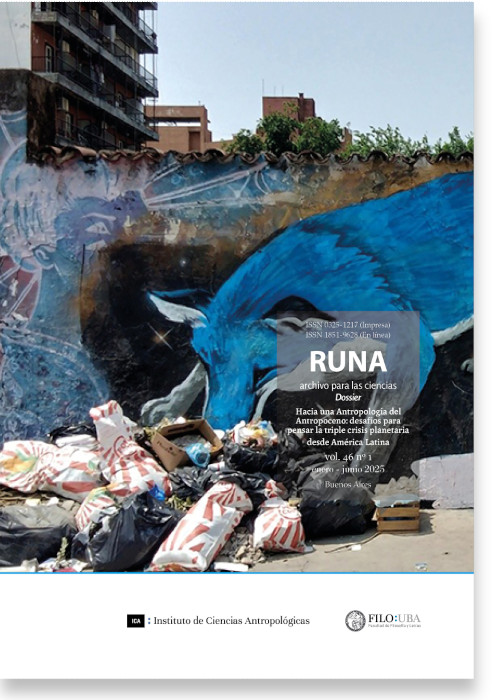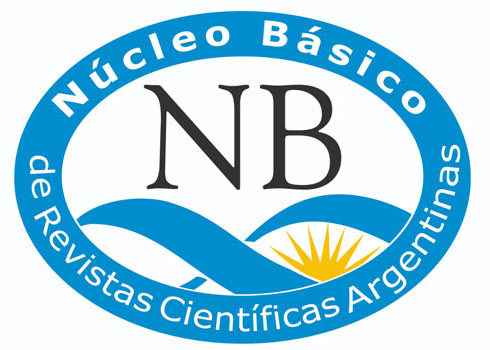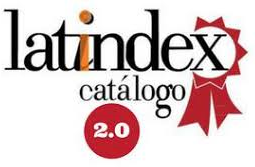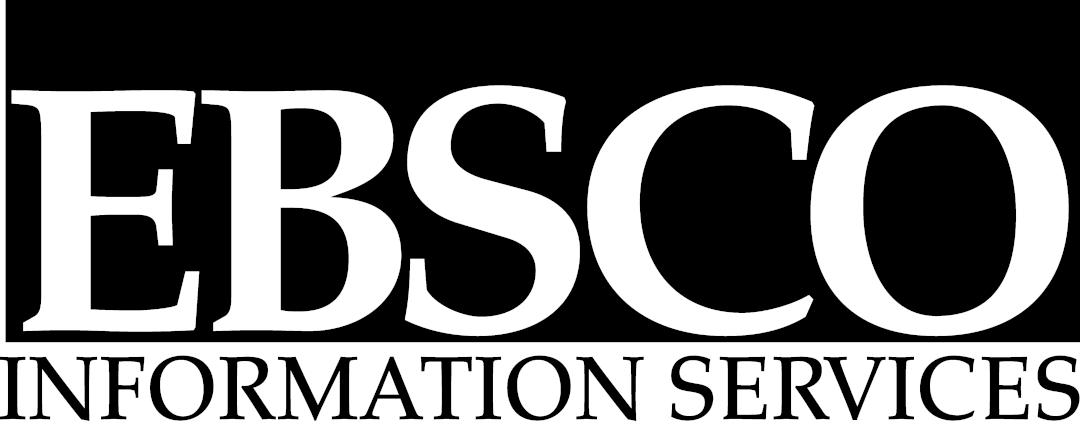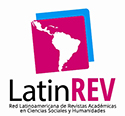Towards a Chthulucenic Agriculture for Buen Vivir
The Role of Insurgent Food Production Models in the Face of the Limits of the Agro-industrial Project
Abstract
This article analyzes the process of cultural homogenization that occurred during the second half of the 20th century with the advancement of modern agriculture considering the notion of the Plantationocene and highlights the limits of the agro-industrial project in a context of persistent hunger as a global problem and escalating environmental risks. In this sense, it proposes a connection between the notion of the Chthulucene and traditional Andean agricultural practices based on a case study in the Ecuadorian highlands of Cayambe, where an ontology that transcends the classical division between nature and culture coexists with a mode of production that prioritizes the use of food over its exchange value.Downloads
References
Albán, A. y Rosero, J. (2016). Colonialidad de la naturaleza: ¿imposición tecnológica y usurpación epistémica? Interculturalidad, desarrollo y re-existencia. Nómadas, 45, 27-41.
Billi, N. (2022). El Plantacionoceno en el “desierto” argentino. Las aventuras de la China Iron como narrativa indisciplinada para la alteración de mundos. Aisthesis, 72, 10-30.
Comisión Brundtland (1987). Nuestro Futuro Común. Nueva York: Oxford University Press.
Crutzen P., Stoermer E., (2000), “The Anthropocene”, en IGBP Global Change News (pp. 17-18). Vol. 41.
Da Silva Araujo, L. (2021). Prácticas cotidianas agroecológicas hacia el Sumak Kawsay. En K. Bidaseca y P. Vommaro (Coords.), Agroecología en los sistemas andinos (pp. 85-130). Buenos Aires: Clacso.
Descola, P. (2002). La antropología y la cuestión de la naturaleza. En G. Palacios y A. Ullúa (Eds.), Repensando la naturaleza. Encuentros y desencuentros disciplinarios en torno a lo ambiental (pp. 155-175). Colombia: Universidad Nacional de Colombia.
Devés Valdés, E. (2003). El pensamiento latinoamericano del siglo XX. Entre la modernización y la identidad, t. II. Desde la CEPAL al neoliberalismo (1950-1990). Buenos Aires: Biblos; Centro de Investigaciones Barros Arana.
Earls, J. (2006). La agricultura andina ante una globalización en desplome. Lima: Centro de Investigaciones Sociales Económicas Políticas y Antropológicas Pontificia Universidad Católica del Perú (PUCP).
Escobar, A. (2007). La invención del Tercer Mundo: construcción y deconstrucción del desarrollo. Caracas: El Perro y la Rana.
Espósito Guevara, C. y Zandvliet, H. (2013). Las negociaciones sobre cambio climático en Naciones Unidas y la realidad de las emisiones. Perspectivas desde el Sur Global. En G. C. Delgado, M. Espina y H. Sejenovich (Coords.), Crisis socioambiental y cambio climático (pp. 23-52). Buenos Aires: CLACSO.
Haraway, D. (2016), Antropoceno, capitaloceno, plantacionoceno, chthuluceno: generando relaciones de parentesco (pp. 15-26), Revista Latinoamericana de Estudios Críticos Animales, Año III, Vol 1.
Haraway, D. y Tsing, A. (2019). Reflections on the Plantationocene. A conversation with Donna Haraway & Anna Tsing moderated by Gregg Mitman. Wisconsin: Center for Culture, History and Environment; Nelson Institute for Environmental Studies. Recuperado de https://edgeeffects.net/wp-content/uploads/2019/06/PlantationoceneReflections_Haraway_Tsing.pdf
McKay, B., Alonso-Fradejas A. y Ezquerro-Cañete, A. (Coords.) (2022). Extractivismo Agrario en América Latina. Buenos Aires: CLACSO.
Meadows D., Meadows, D. y Randers, J. (2012). Los límites del crecimiento. Buenos Aires: Taurus.
Moore, J. (2020). El capitalismo en la trama de la vida. Ecología y acumulación de capital. Buenos Aires: Traficantes de Sueños.
Pengue, W. (2009). Fundamentos de economía ecológica. Buenos Aires: Kaicron.
Quijano, A. (2014). Cuestiones y horizontes. De la dependencia histórico-estructural a la colonialidad/descolonialidad del poder. Buenos Aires: CLACSO.
Svampa, M. (2019). Las fronteras del neoextractivismo en América Latina. Conflictos Socioambientales, giro ecoterritorial y nuevas dependencias. Buenos Aires: CALAS.
Copyright (c) 2025 Oliverio Gioffre

This work is licensed under a Creative Commons Attribution 4.0 International License.

Runa, archivos para las ciencias is a publication of the Instituto de Ciencias Antropológicas, Facultad de Filosofía y Letras, Universidad de Buenos Aires and is distributed under a Creative Commons Attribution 4.0 International License.
Runa maintains its commitment to the policies of Open Access to scientific information, considering that both scientific publications and publicly funded research should circulate on the Internet freely, free of charge and without restrictions.
The contents and opinions expressed in published articles are the sole responsibility of their authors.
